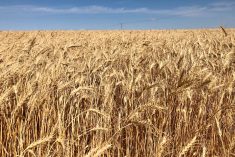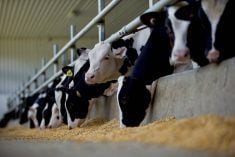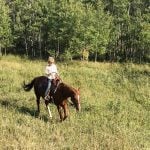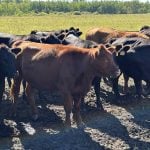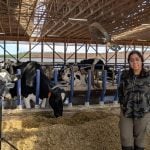Western Canadian yearling prices were $2 higher to $3 lower in comparison to seven days earlier, while feeder cattle under 700 pounds were relatively unchanged.
Major feedlots continue to set the tone, paying light premiums for good-quality age-verified cattle. This caused an uneven tone and regional differences were also noted. Prices in southern Alberta were slightly higher while softer prices were noted in non-major feeding areas. A beautiful group of 115 Charolais-cross steers weighing 820 pounds sold for $135 in central Alberta. Similar cattle in southern Manitoba sold for $128 but buyers had to be patient.
Read Also
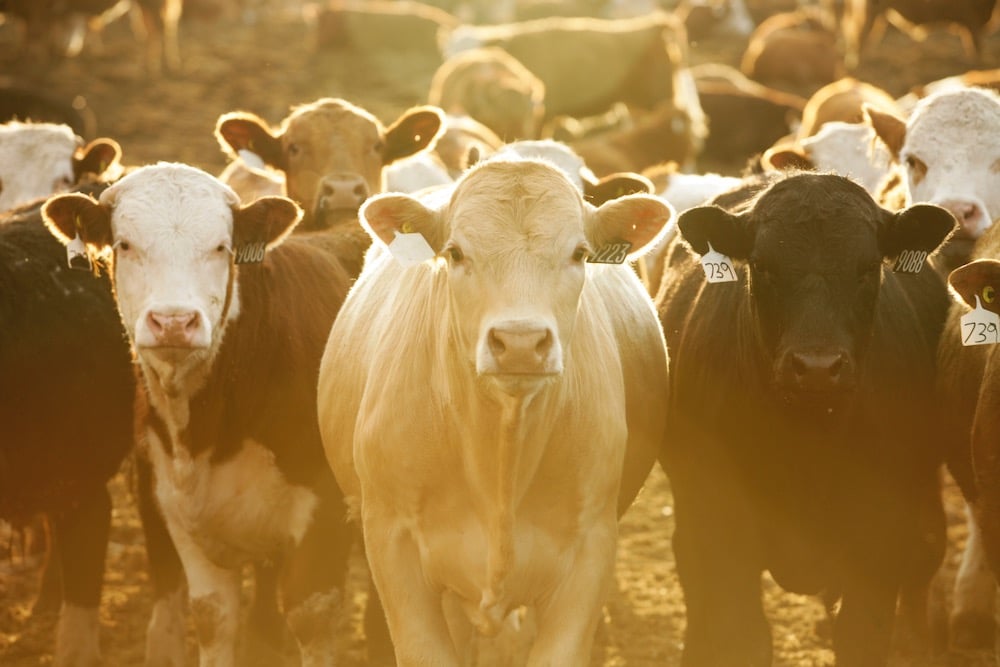
U.S. livestock: Cattle futures drop on Trump call for lower prices
Cattle futures on the Chicago Mercantile Exchange dropped sharply on Wednesday, reacting to comments from United States President Donald Trump…
The U.S. market was also uneven, with the U.S. Department of Agriculture reporting prices in the Southern Plains up $2-$5 per hundredweight (cwt) while the Midwest was $4-$8 lower.
The difference in feed costs is starting to influence feeder cattle prices more significantly. Hard red winter wheat is being substituted for corn on a large scale in parts of Kansas, Texas and Oklahoma. Midwest feeder cattle took a sharp beating last week down as much as $10/cwt at some auction barns.
This effect is also being felt in Manitoba, as feeder cattle that usually move to Nebraska don’t pencil out given the high corn costs. Keep in mind Manitoba will have a large feed grain deficit this year due to the unseeded area and higher-quality wheat crop.
Fourth-quarter beef production will come in higher than earlier anticipated due to larger feedlot placements earlier in summer. Wholesale beef prices are near historical highs but feel vulnerable given the weaker consumer confidence and projections of slower restaurant traffic during the fall period.
The feeder market will likely remain flat over the next month. Feedlot operators need to see additional strength in the fed market before bidding up feeder values.
— Jerry Klassen is a commodity market analyst in Winnipeg and maintains an interest in the family feedlot in southern Alberta. He writes an in-depth biweekly commentary, Canadian Feedlot and Cattle Market Analysis, for feedlot operators in Canada. He can be reached by email at [email protected] or at 204-287-8268 for questions or comments.






